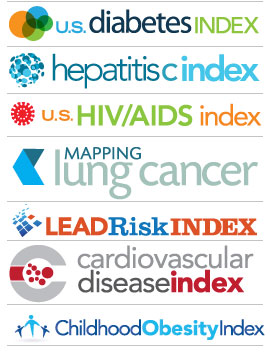Adaptive trial designs: a review of barriers and opportunities
Clinical Trial News Wednesday, August 29th, 2012Trialsjournal.com: 8/23/12
Adaptive designs allow planned modifications based on data accumulating within a study. The promise of greater flexibility and efficiency stimulates increasing interest in adaptive designs from clinical, academic, and regulatory parties. When adaptive designs are used properly, efficiencies can include a smaller sample size, a more efficient treatment development process, and an increased chance of correctly answering the clinical question of interest. However, improper adaptations can lead to biased studies. A broad definition of adaptive designs allows for countless variations, which creates confusion as to the statistical validity and practical feasibility of many designs. Determining properties of a particular adaptive design requires careful consideration of the scientific context and statistical assumptions. We first review several adaptive designs that garner the most current interest. We focus on the design principles and research issues that lead to particular designs being appealing or unappealing in particular applications. We separately discuss exploratory and confirmatory stage designs in order to account for the differences in regulatory concerns. We include adaptive seamless designs, which combine stages in a unified approach. Read More

